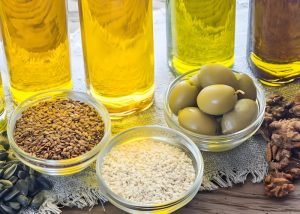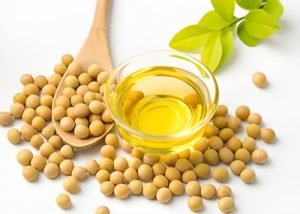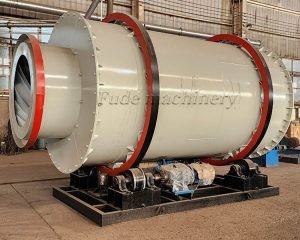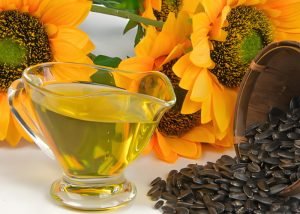What are the factors that affect olive oil?
Worried about bad olive oil? Poor quality oil wastes money. You need to know what makes oil good.
Many things affect olive oil quality. These include the olive type, where it grows, when and how you pick it, how you process it, and how you store it. Controlling these steps is vital.
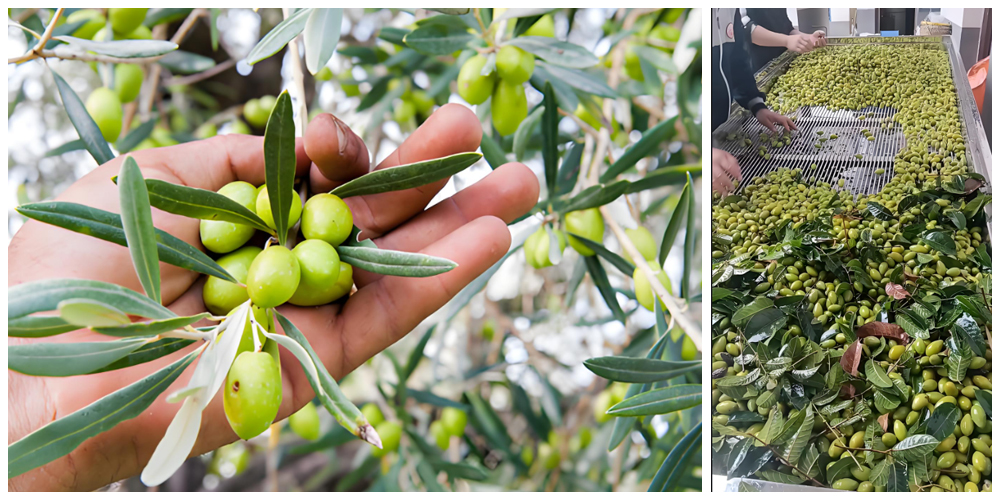
Let’s look closer at each step. Making good oil needs care at every stage.
Does olive type change oil quality?
Are some olives better for oil? Yes. The type of olive plant matters a lot.
Different olive types give different oil flavors, colors, and smells. They also have different amounts of good compounds.
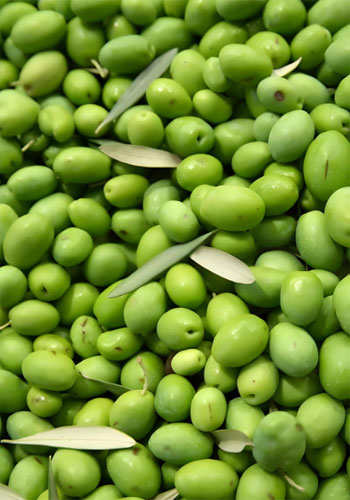
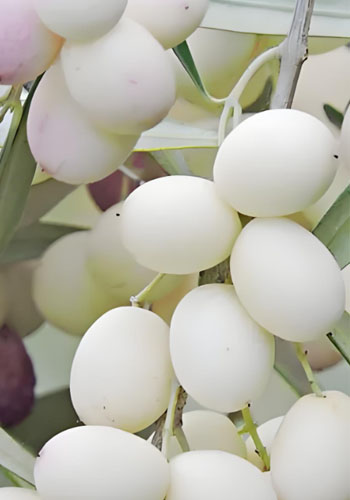
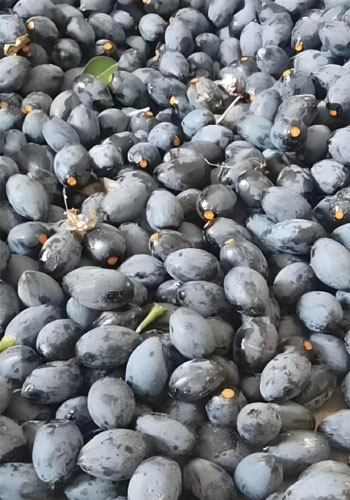
Different olives have different oil amounts too. Some give more oil than others. This affects how much oil you can make. The specific compounds in the olive skin and flesh go into the oil. These compounds are called polyphenols. They give flavor and are good for health. Different olive types have different polyphenol levels. Some common types for oil include Picual, Arbequina, Frantoio, and Leccino. Each one gives a unique oil. The climate and soil where the tree grows also affect the olive type’s results. Hot, dry climates often make olives with more intense flavor. Good soil helps the trees grow strong and produce healthy fruit. Choosing the right olive type for the region is important for the best quality oil. This choice is the first step in making great olive oil.
Does harvesting matter for olive oil?
How you pick olives is important. Bad picking can harm the oil.
Picking olives at the right time gives the best flavor and quality. How you pick them also prevents damage.
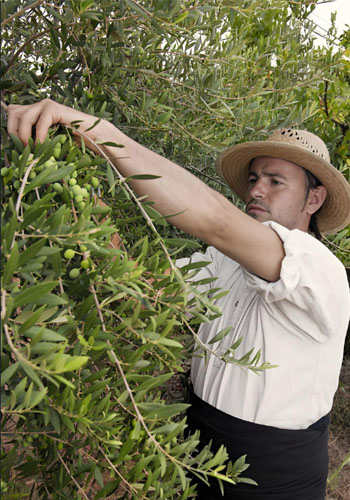
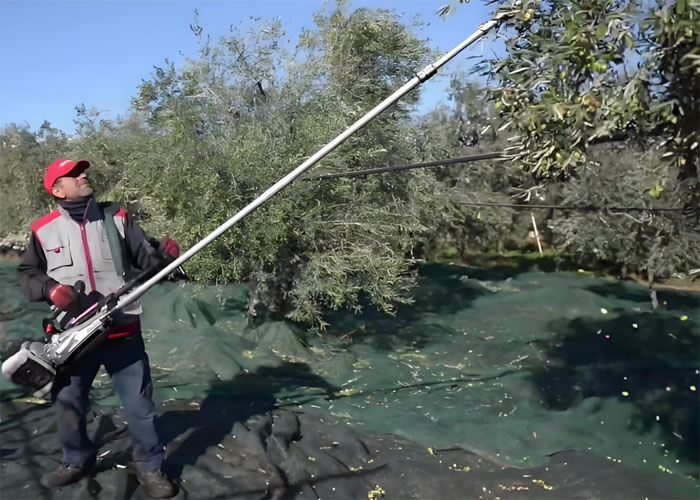
Picking olives too early or too late changes the oil. Green olives give oil with more bitter taste and more healthy compounds. Ripe, black olives give milder oil with less healthy compounds but more oil. The best time is often when olives are turning color (veraison). This balances yield and quality. How you pick also matters. Hand picking is gentle but slow. Machine picking is faster but can bruise olives. Bruised olives start to break down fast. This creates defects in the oil. Getting olives from the tree to the processing plant quickly is key. Olives should not sit around after picking. This lets them ferment. Fermentation creates bad tastes in the oil. Fast transport in shallow boxes or bins helps keep them fresh.
Harvesting Best Practices
Good harvesting helps keep olives in good shape before processing:
- Timing: Pick when olives are partly green, partly purple.
- Method: Use methods that cause least damage.
- Handling: Put olives in clean, breathable containers.
- Speed: Get olives to the mill within hours of picking.
- Cleanliness: Keep olives clean, free of leaves and dirt.
How does processing make olive oil better?
The steps you take after picking matter a lot. The machinery used is key here.
Processing turns olives into oil. The right process protects quality and healthy parts. Bad processing ruins everything.
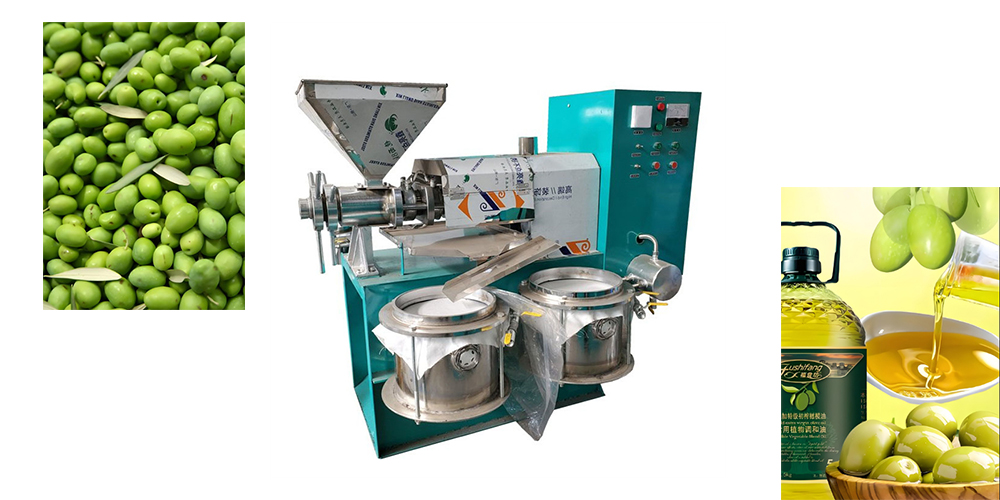
The key steps of olive oil extraction:
The extraction of olive oil typically involves steps such as pretreatment, pressing, and refining. It is pointed out that the spiral oil press squeezes olives through rotational motion to extract oil. However, when it comes to traditional spiral oil presses, there is a problem of low efficiency in processing olives, such as if the pulp is prone to splashing, resulting in oil loss. Therefore, optimizing equipment design and operating parameters is the key to improving olive oil yield.
When using a spiral oil press to press olives, it is important to control the temperature and pressure to avoid adverse effects on the quality of the olive oil. In addition, the design of the spiral press disc is crucial for the efficiency of oil extraction.
Spiral oil presses can be used to press olives, but their effectiveness depends on the design of the equipment, operating parameters, and the way olives are processed. In order to improve oil yield and oil quality, it is recommended to choose a spiral oil press suitable for olive processing and optimize operating conditions.
Zhengzhou Fude Machinery makes this kind of equipment. We offer complete oil extraction lines. Our single screw and double screw oil presses, and refining equipment are designed for efficiency and quality. We focus on temperature control and continuous production. This helps preserve the natural goodness of the oil. Our machines are used for many seeds, but the principles of gentle, controlled processing apply to olives too. We can customize lines for different needs, ensuring the right process for different olive varieties and desired oil types.
Where should you keep olive oil?
After making the oil, storage matters greatly. Proper storage keeps oil fresh.
Light, air, and heat are enemies of good olive oil. Store it the right way to protect its quality.
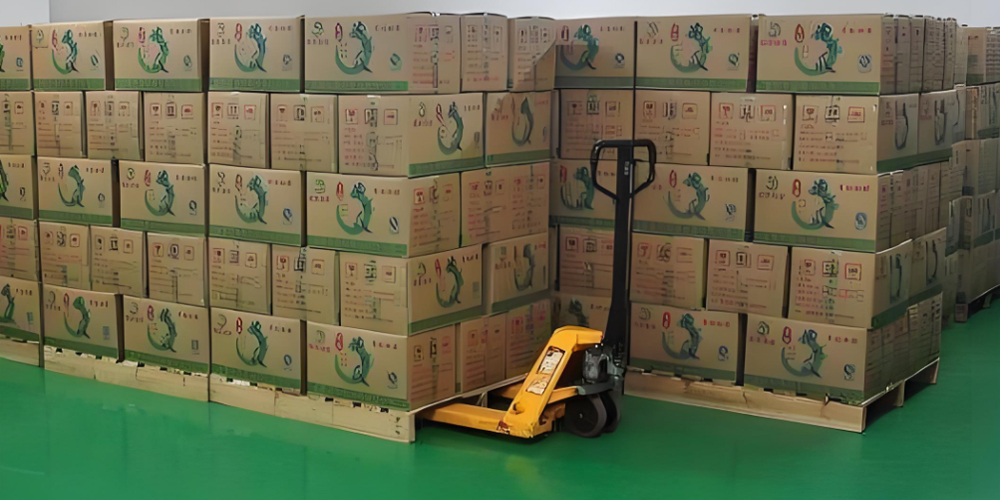
Oxidation happens when oil touches air. This makes oil taste stale or rancid. Light also speeds up oxidation. Heat makes oil go bad faster too. The best place to store olive oil is in a dark, cool place. A cupboard away from the stove is good. The temperature should be steady, not changing a lot. Bottles should be dark glass or metal tins. Clear bottles look nice but let light in. After opening a bottle, use it within a few months. The more air in the bottle, the faster it oxidizes. Smaller bottles might be better if you don’t use much oil. Always close the cap tightly. Keeping oil well stored protects the flavor and the healthy polyphenols. Our equipment helps produce stable oil. Proper storage ensures you enjoy that quality for longer.
Optimal Olive Oil Storage
Follow these tips to keep your oil good:
- Container: Use dark glass bottles or metal tins.
- Location: Store in a cool, dark place.
- Temperature: Keep temperature stable, avoid heat.
- Seal: Close the bottle tightly after each use.
- Time: Use opened bottles relatively quickly.
Making quality olive oil needs focus from farm to bottle. Every step counts.
Related recommendations
-
How to Make Vegetable Oil: Your Complete Guide?
520Making vegetable oil requires specific steps and reliable equipment. We at Fude Machinery understand this process well. We design and manufacture comprehensive oil processing equipment in Zhengzhou, China. This includes everything from initial se...
View details -
Soybean oil Extraction with Oil Pressing Machine
430Soybean oil is one of the major vegetable oils in the world, occupying a significant share in the global edible oil market, and the global production of soybean oil is usually more than tens of millions of tons. China, the United States, Brazil a...
View details -
What are the differences in working principles between a three cylinder dryer and a regular dryer
516The drum dryer has significant differences in structure, working principle, and performance characteristics compared to ordinary dryers
View details -
How to extract oil from sunflower seeds?
625Sunflower oil is an ingredient naturally derived from sunflower seed. It is also an ingredient used throughout the world to improve the quality of food. Cooking with butter is usually considered bad, but if you use the oil effectively and gradua...
View details
 Oil Press Equipment and Oil Refining Machinery for Sale – Start Your Oil Press Business
Oil Press Equipment and Oil Refining Machinery for Sale – Start Your Oil Press Business
